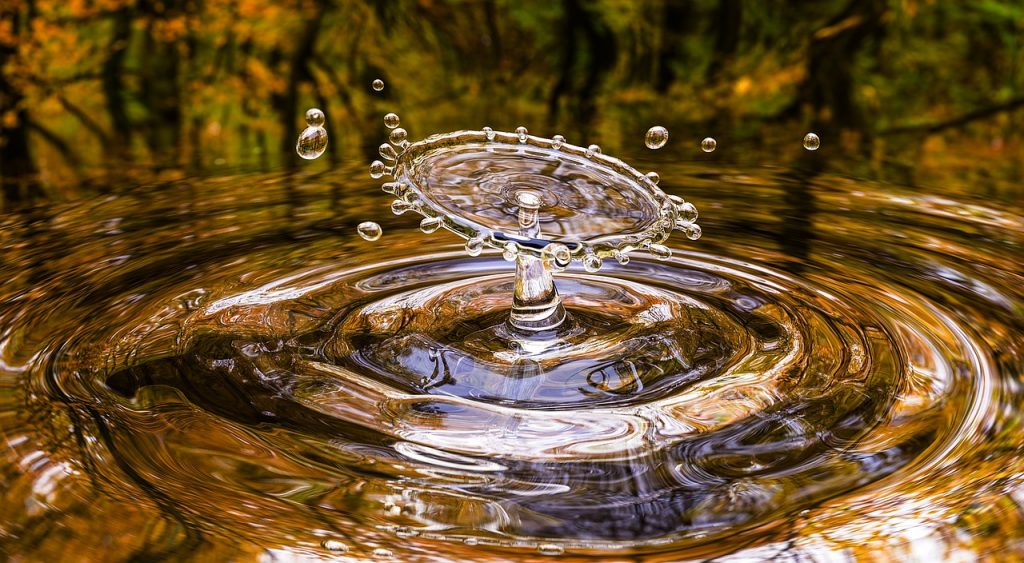 Water
Water
Water is essential for drinking, cooking, washing, flushing toilets and laundry. People need a litre (about 2 pints) of water a day, just for drinking.
No Power – No Water
Depending on where you live, if the power supplies go down, you may have interruptions in water supply (if you live on a hill and water is pumped). If fuel supplies are restricted or chemicals cannot be imported, the water provided may not be of drinking quality.
Bottled Water
You may wish to store some bottled water in the house, in case supplies are interrupted. You may also wish to get a supply of water purification tablets in case the tap water is not of drinking quality. Alternatively, you can boil it, if there is power. You may also want to filter the water, using a sieve and kitchen roll.
It would also be useful to include bottled water in any emergency bags you make up in case you have to leave the house. Large bottles of water are more economical to buy, however, smaller bottles will be easier to transport in bags if necessary.
Other Supplies
If supplies go off, you need to plan what to do for flushing toilets (don’t flush for pee, only for the brown stuff). If extreme measures are called for, then line your toilet with a black plastic bin bag and dispose of it every few days. You may have to put off washing laundry and having baths or showers. A bucket is useful for carrying water. A washing up bowl is useful for washing dishes with a limited supply or if the power is off for the dishwasher.
If you have a garden, you could plan to store water in a rain barrel, for emergency use. A large water butt can hold 200 to 300 litres of water. This may sound a lot but just flushing the toilet may use up 70 litres per person per day for older toilets and half that for low flush toilets. For a two person household that means 70 to 140 litres of water a day, just for flushing the toilet. That would soon empty one water butt. If you have an older toilet, you can add a water saver to the cistern, to reduce the amount of water used in one flush.